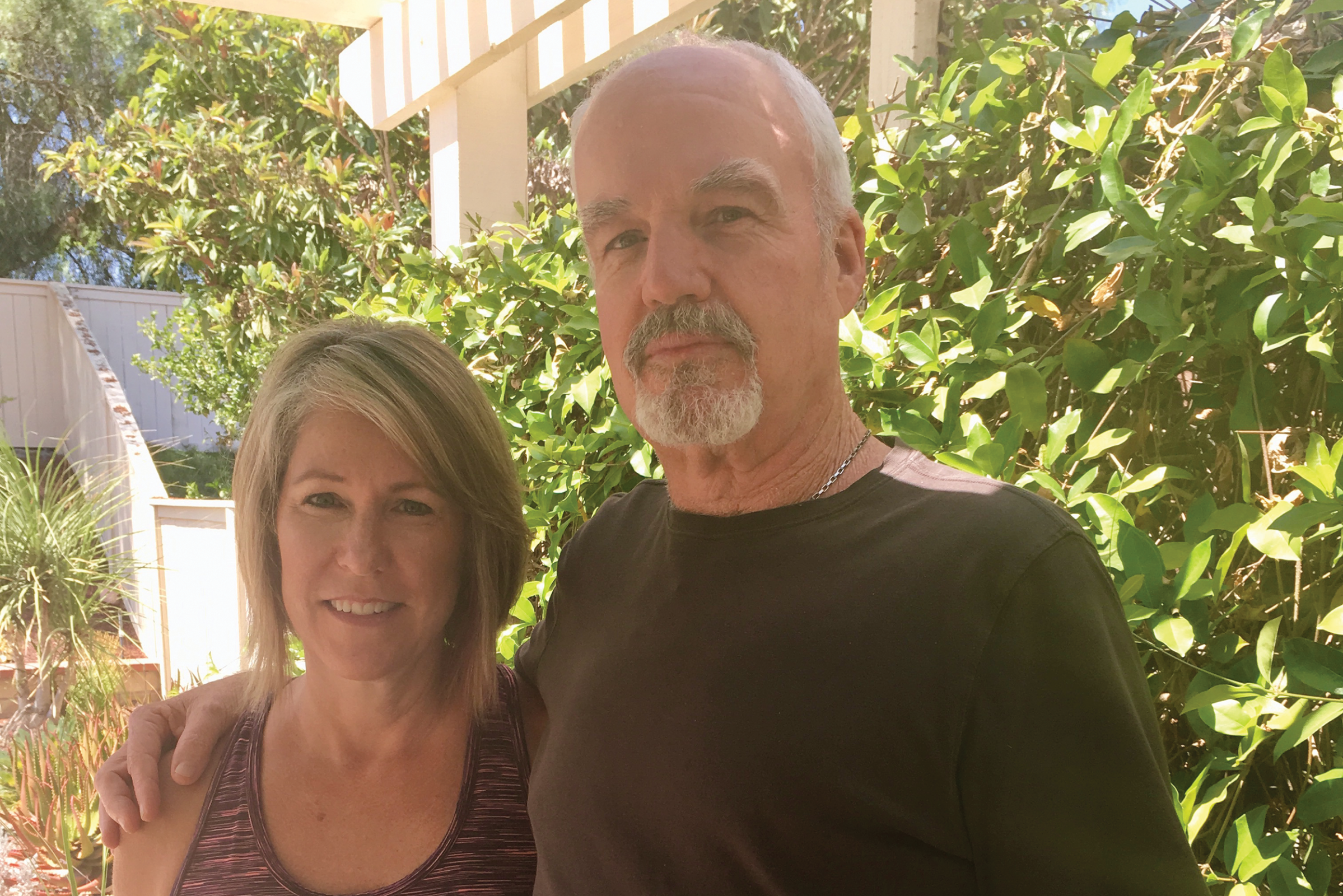Ten years ago, Susan Lowry was living the California Dream: a nice house in the upscale Sacramento suburb of El Dorado Hills, an RV, a boat. She worked as a freelance court reporter, earning about $50 an hour. Her husband was a very successful construction manager and their daughter attended the local schools where test scores are high and sports are king. Susan prided herself on the fiscal responsibility that allowed them to live well and save for the future. But Susan began to see gradual changes in her husband’s behavior. At first, no one, not even his doctors, believed her. But his cognitive abilities continued to deteriorate and, eventually, he was unable to hold down a job. In 2013, Susan’s worst fears were confirmed: Her husband was diagnosed with FrontoTemporal Dementia (FTD), a rare form of dementia and she became his full-time caregiver.
Being alone with a partner whose memory of their life together was fading—combined with the stress of meeting his needs—became very isolating for Susan and she knew she needed more support. So she sold their house at a $50,000 loss and moved to the San Diego County city of Vista, where she had family that could provide backup care and be there for her when she was feeling overwhelmed.
Now Susan’s husband, who is only 60 years-old, is nearing the end stage of his disease where he will need institutional care. But how—or if—that happens remains unclear. He qualifies for a Medi-Cal bed, but none are available. Susan, who herself is only 54, has already spent down all of their assets. The only money left is in an IRA that will likely have to be raided though it is all Susan has to support herself in the future.
Like many people in her situation, Susan has become an expert in the details of long-term care finance and asset management. She has worked out several scenarios that get her husband the care he needs for this final stage of his life. But each scenario ends the same, heartbreaking way: with Susan penniless and alone.
“I’ve been waiting for this ball to drop for ten years,” Susan says. “I’ve done everything right, but I’m going to be broke.”



